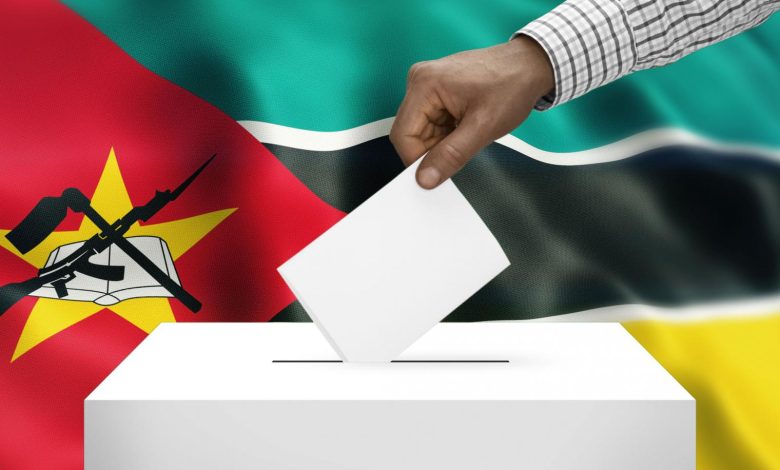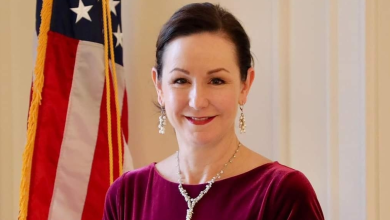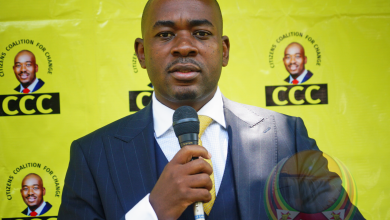False Claims of Zimbabweans Voting in Mozambique: RENAMO’s Misguided Rhetoric or Genuine Concern?

Overview
Recently, reports have surfaced suggesting that Zimbabweans are allegedly being registered to vote in Mozambique. Opposition figures, particularly in Zimbabwe and Mozambique, are accusing liberation parties like ZANU-PF and FRELIMO of manipulating the electoral process. RENAMO, the Mozambican opposition, has claimed that Zimbabweans are being granted voter registration in Mozambique to influence upcoming elections, a claim backed by Zimbabwe’s own opposition leader Nelson Chamisa, who described it as “massive rigging of encyclopedic magnitude.” However, such allegations appear to lack substance and context, raising questions about the motivations behind these assertions.
A Closer Look at RENAMO’s Claims
RENAMO, Mozambique’s opposition party, has a history of tensions with the ruling FRELIMO party. These accusations are in line with RENAMO’s longstanding grievances, often framing FRELIMO as using external alliances to maintain power. RENAMO’s claims are also echoed by Chamisa, who has had similar accusations regarding Zimbabwe’s internal elections. However, without evidence, these allegations may serve more as a tactic to undermine liberation movements in the region and influence perceptions of regional allies such as FRELIMO and ZANU-PF. Notably, Mozambique’s National Election Commission (CNE) stated that any cases of Zimbabweans voting would be investigated thoroughly to ensure only legitimate citizens participate in the elections
Understanding the Political Context
Chamisa and RENAMO’s assertions come amid broader regional narratives where opposition parties, often perceived as backed by Western interests, are at odds with liberation movement-led governments. This neo-colonial narrative sees opposition parties in the region leveraging unverified claims to delegitimize regional liberation movements like ZANU-PF and FRELIMO. Such statements might resonate with those already critical of liberation parties, especially given the historical and economic struggles faced by both Zimbabwe and Mozambique. However, the claims may ultimately be seen as an attempt to destabilize pro-liberation government structures and shift the narrative toward one of Western-backed governance.
Lack of Evidence and Public Response
While Chamisa and RENAMO’s statements have garnered media attention, concrete evidence supporting these claims remains elusive. Many Mozambicans and Zimbabweans see these accusations as distractions from pressing domestic issues. Furthermore, FRELIMO and ZANU-PF maintain that foreign nationals are not allowed to vote, and any reported irregularities will be addressed to preserve electoral integrity. The absence of substantial proof leaves these claims open to interpretation, but public response has generally leaned towards skepticism, especially among liberation movement supporters who view these as desperate tactics to sway international opinion.
Conclusion
The allegations of Zimbabweans voting in Mozambique seem largely speculative, and while they raise valid questions about cross-border political influences, they are yet to be substantiated. Rather than fostering regional unity or addressing pressing socio-economic issues, these claims might only serve to deepen political divides. As such, they illustrate a broader trend of opposition parties in the region, like RENAMO and CCC in Zimbabwe, using unproven claims to challenge liberation movements and garner external support, potentially under Western influence.




